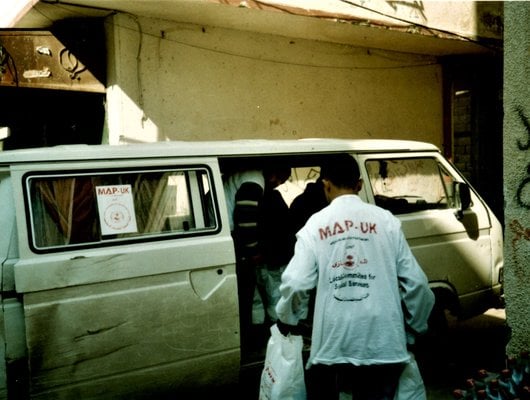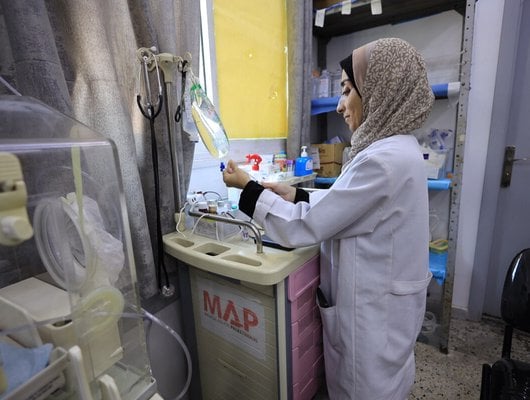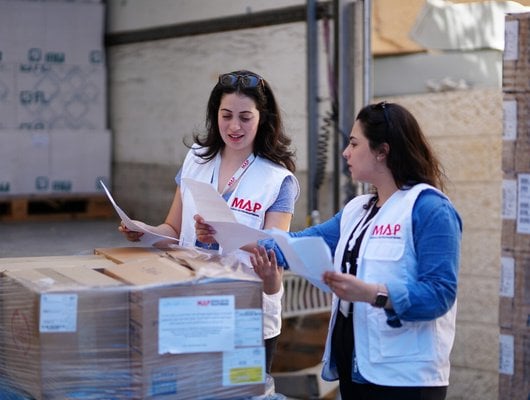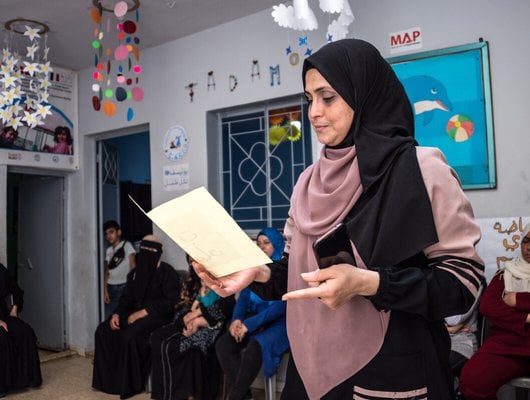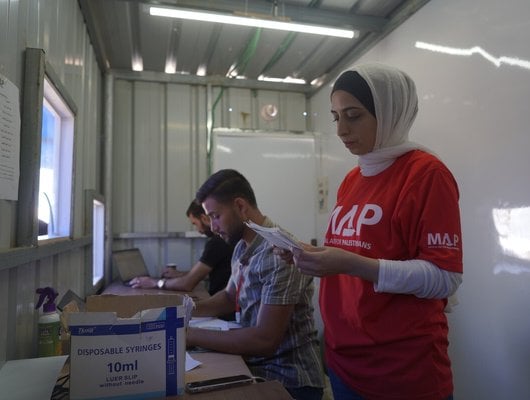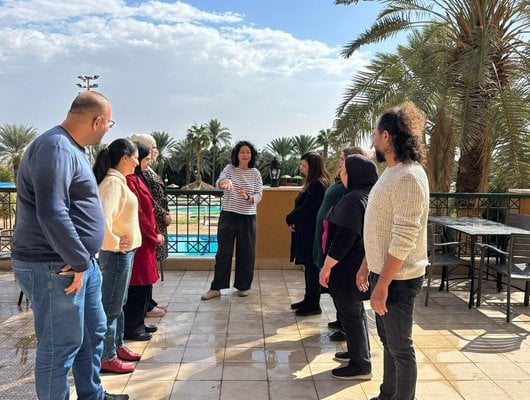About us
Millions of Palestinians living under Israel’s military occupation and as refugees are being denied their rights to health and dignity. MAP is working to change this. This has been our driving force for more than 40 years, and the need has never been greater. Thanks to people like you, in the face of untold challenges, last year we were able to support more than one million Palestinians.
